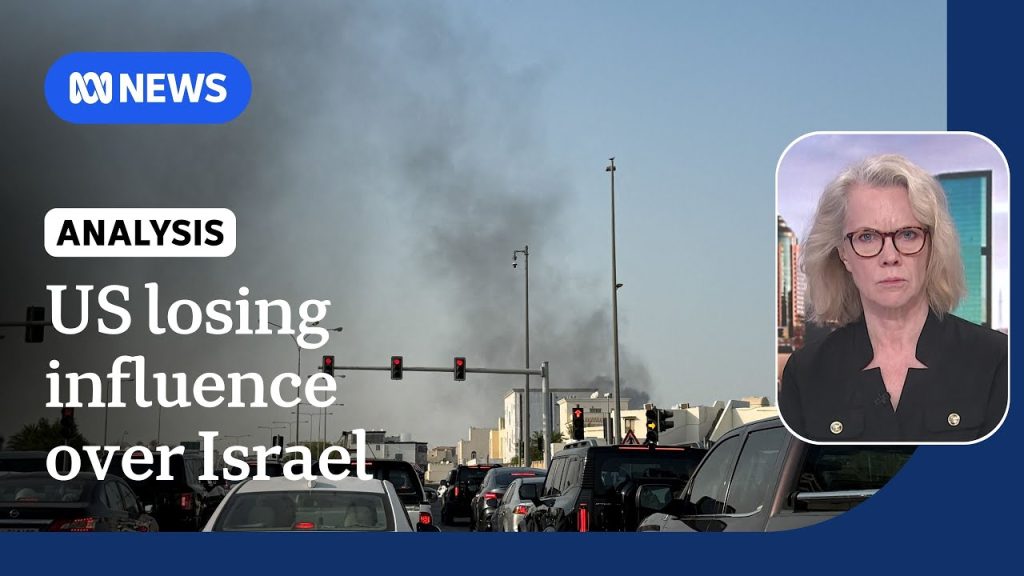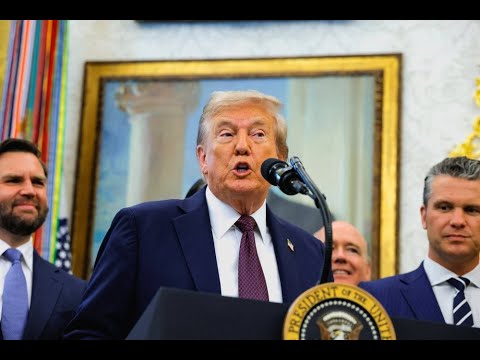A dramatic incident unfolded recently as former Representative Denver Wiggleman and Virginia Democratic Senator Mark Warner addressed a situation that has ignited a new controversy in the political arena. The spotlight is on Laura Loomer, a far-right activist and ally of former President Donald Trump, who appears to have prevented Senator Warner from conducting an oversight visit to a critical spy agency.
Senator Warner had planned the visit to one of the nation’s most crucial intelligence facilities, but it was abruptly canceled following Loomer’s vocal opposition. The senator expressed puzzlement over how Loomer became aware of the private and unpublicized visit. During a recent interview, Warner stated, “We heard from DoD at some point today that oh, we can reschedule the meeting, but you’ve got to do it with a Republican as well.” This statement highlights not only the unexpected nature of Loomer’s intervention but also the unusual stipulations placed on oversight activities that are typically unencumbered.
This incident raises significant questions about the relationship between political activism and the oversight responsibilities of elected officials. Senator Warner, who has previously collaborated with Republican colleagues like Marco Rubio and Richard Burr on similar intelligence oversights, remarked on this aberration: “If now she is going to be the veteran of whether we do oversight, you got to pass a Laura Loomer test to do your job.” This comment underscores the bizarre twist of political dynamics that Loomer’s actions have introduced.
Former Representative Wiggleman, who has held positions on the January 6 committee and is a known ally of the GOP, joined the discussion, expressing concern about Loomer’s growing influence in determining the parameters of congressional oversight. Wiggleman articulated three significant threats to the United States that he associates with Loomer’s actions: insanity, credulity, and ignorance. He remarked, “I think Laura Loomer has all three of those in spades.” This assessment reflects apprehension about the implications of such political maneuvers on the integrity of governmental functions.
The incident is emblematic of the increasingly fraught intersection between partisanship and the roles of elected officials in ensuring national security. Loomer’s far-right activism has frequently positioned her at the center of controversies that challenge conventional political norms. Her ability to sway actions at the level of congressional oversight signifies a significant shift in how activists can influence the legislative process.
Critics argue that Loomer’s involvement represents a growing trend among fringe political elements attempting to insert themselves into serious governmental matters, thereby creating confusion and potentially hindering the necessary checks and balances inherent in the system. In a time of heightened political division, such disruptions could lead to a deterioration of public trust in governmental institutions.
The ramifications of this incident extend well beyond the immediate cancellation of Warner’s visit; it raises the specter of whether future oversight activities can occur unimpeded when a politically motivated activist can exert influence over senators. As the political landscape continues to evolve, the notion of transparency, oversight, and legislative integrity faces unprecedented challenges.
As this story develops, it becomes clear that the intersection of activism and governance warrants close attention. Loomer’s actions, alongside Warner’s efforts to navigate these murky waters, may well affect the future of political accountability and oversight in the U.S.



